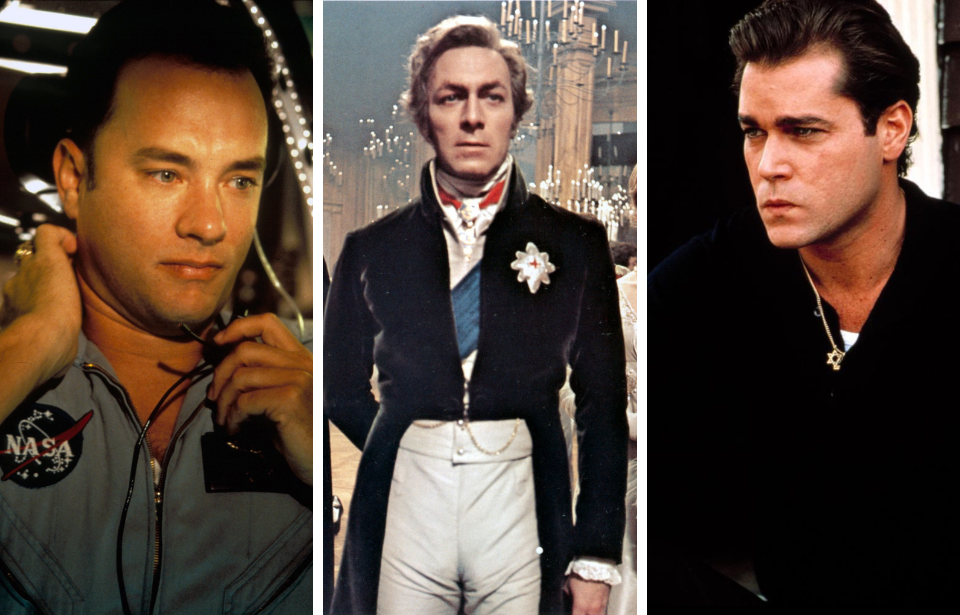Countless films start with “based on a true story,” but no matter how action-packed, adventurous or exciting one is, this warning almost guarantees what you’re about to see isn’t an accurate portrayal of real events. However, some filmmakers do all in their power to make their movies as accurate as possible while using artistic license to tell a compelling story.
Here are six examples of films that received praise for getting historical facts spot-on.
A Bridge Too Far (1977)
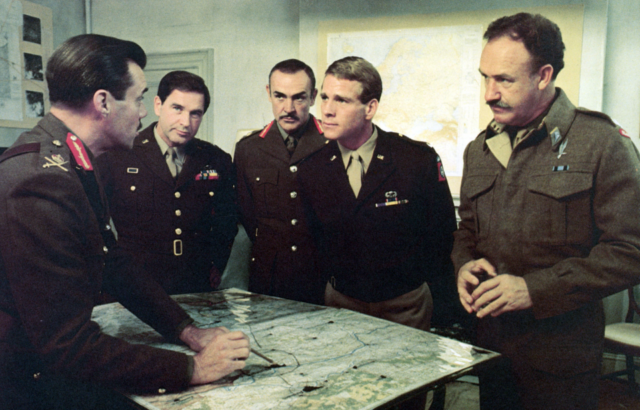
A Bridge Too Far (1977) is a war film directed by Richard Attenborough. Based on the book of the same name by Cornelius Ryan, it tells the true story of Operation Market Garden, a daring Allied military operation during the Second World War.
Set in September 1944, the movie follows the ambitious plan to seize a series of strategic bridges in the Netherlands, allowing the Allied forces to create a pathway into Germany and hopefully bring a faster end to the war. The operation, spearheaded by British Field Marshal Bernard Montgomery, involves a large-scale airborne assault and subsequent ground forces pushing forward to key locations.
A Bridge Too Far boasts an all-star cast that includes Sean Connery, Michael Caine, Anthony Hopkins, Gene Hackman, Robert Redford and many other notable actors. The film presents multiple interconnected storylines that showcase the perspectives and experiences of various military leaders, soldiers and civilians involved in the operation.
The movie received a lackluster response from critics, although all agreed it’s historically accurate and presented in an impressive way. A Bridge Too Far is ultimately celebrated as one of the most accurate war movies ever, with veterans even praising it for its portrayal of real-life engagements.
Selma (2014)
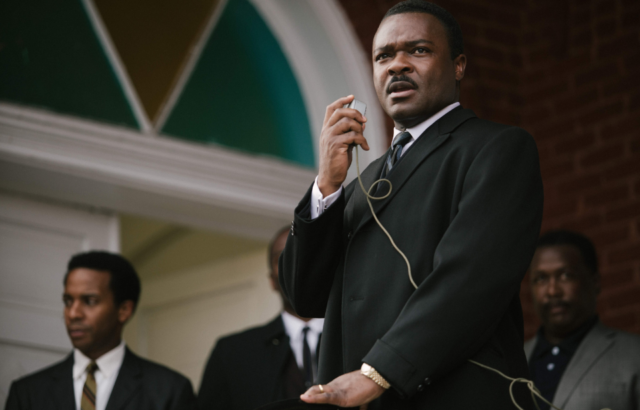
Directed by Ava DuVernay, Selma (2014) depicts a crucial chapter in the American Civil Rights Movement, specifically focusing on the 1965 Selma Marches, led by Dr. Martin Luther King, Jr. The film centers around the activism and leadership of MLK, played by David Oyelowo, as he and other Civil Rights activists organize and carry out a series of nonviolent protests in Selma, Alabama.
According to The Guardian, Selma is a “well-researched, accomplished and fair-minded biopic, set around a sensationally good lead performance.” It received much acclaim, winning 36 awards and receiving another 81 nominations.
Apollo 13 (1995)
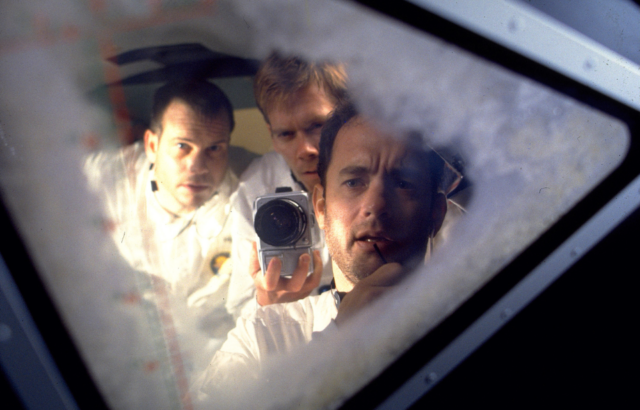
Apollo 13 (1995) is a historical drama directed by Ron Howard. The film is based on the true story of the Apollo 13 lunar mission, which encountered a life-threatening crisis in space and became a testament to human ingenuity and teamwork.
The movie stars Tom Hanks, Kevin Bacon, Bill Paxton and Gary Sinise. The film won 13 awards, including two Oscars and another seven nominations. It lost the Academy Award for Best Picture to the far less accurate Braveheart (1995).
Real-life mission commander Jim Lovell said that, despite some timeline discrepancies, the film’s “authenticity” was “amazing.” “Everything. The instrument panels, the console switches. That’s exactly what it looks like inside.”
Gandhi (1982)
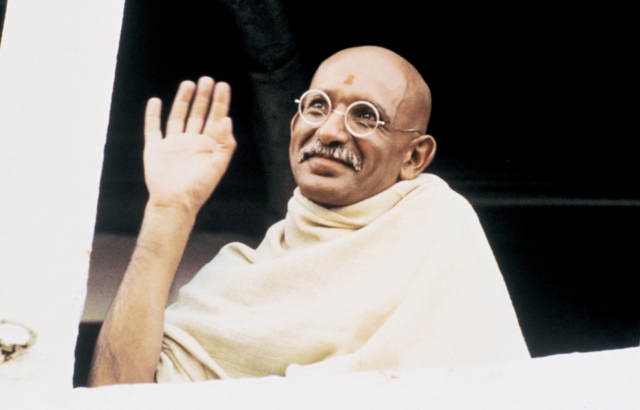
Gandhi (1982) is a biographical drama directed by Richard Attenborough. The film chronicles the life and legacy of Mohandas Karamchand Gandhi – known as Mahatma Gandhi – a prominent leader and advocate for nonviolent resistance during India’s struggle for independence from British rule.
The movie was a box office success, earning $127.8 million worldwide. It was also a hit with critics for including “the important historical moments.” Gandhi won eight Academy Awards, including Best Picture, Best Director and Best Actor.
Goodfellas (1990)
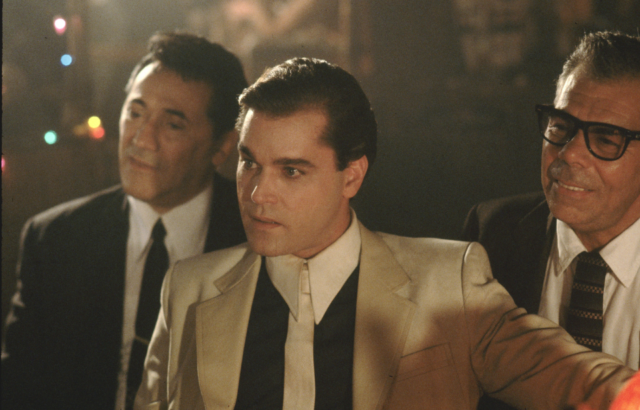
Directed by Martin Scorsese, Goodfellas (1990) is an organized crime film based on the 1985 non-fiction book Wiseguy by Nicholas Pileggi. It’s regarded as one of the greatest gangster films ever made and has become a classic of the genre.
Set in the 1950s, through to the ’80s, Goodfellas follows the rise and fall of Henry Hill, portrayed by Ray Liotta. Hill narrates the film and provides an intimate and often chilling account of life in the Mafia. It was well-received by critics and audiences alike, earning multiple awards.
The real Henry Hill also praised the movie, telling Liotta, “Thanks for making me not look like a scumbag.”
Waterloo (1970)
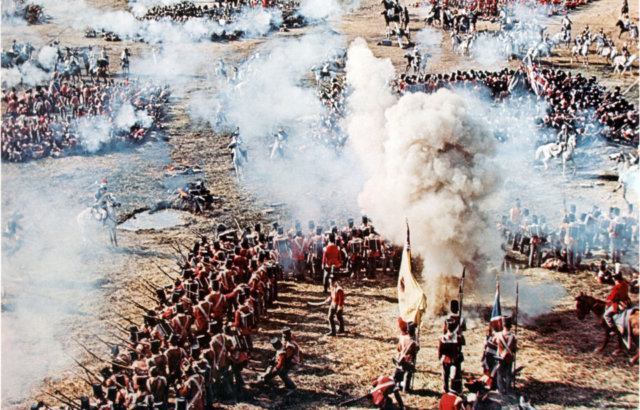
Waterloo (1970) is a historical war epic directed by Sergei Bondarchuk. The film depicts the famous Battle of Waterloo, a decisive engagement that took place in 1815 and marked the end of Napoleon Bonaparte‘s rule as the French emperor.
The movie received critical acclaim for its ambitious scope, impressive production values and strong performances. Rod Steiger’s portrayal of Napoleon garnered particular praise for capturing the complex and charismatic nature of the historical figure, and the release overall is regarded as a definitive cinematic representation of the Battle of Waterloo.
More from us: Costume and Prop Fails in Movies That Left Audiences Scratching Their Heads
While there are some minor inaccuracies in other areas of the film, Waterloo presents a detailed and immersive depiction of the battle, offering a glimpse into one of the most significant events in European history and its profound impact.
